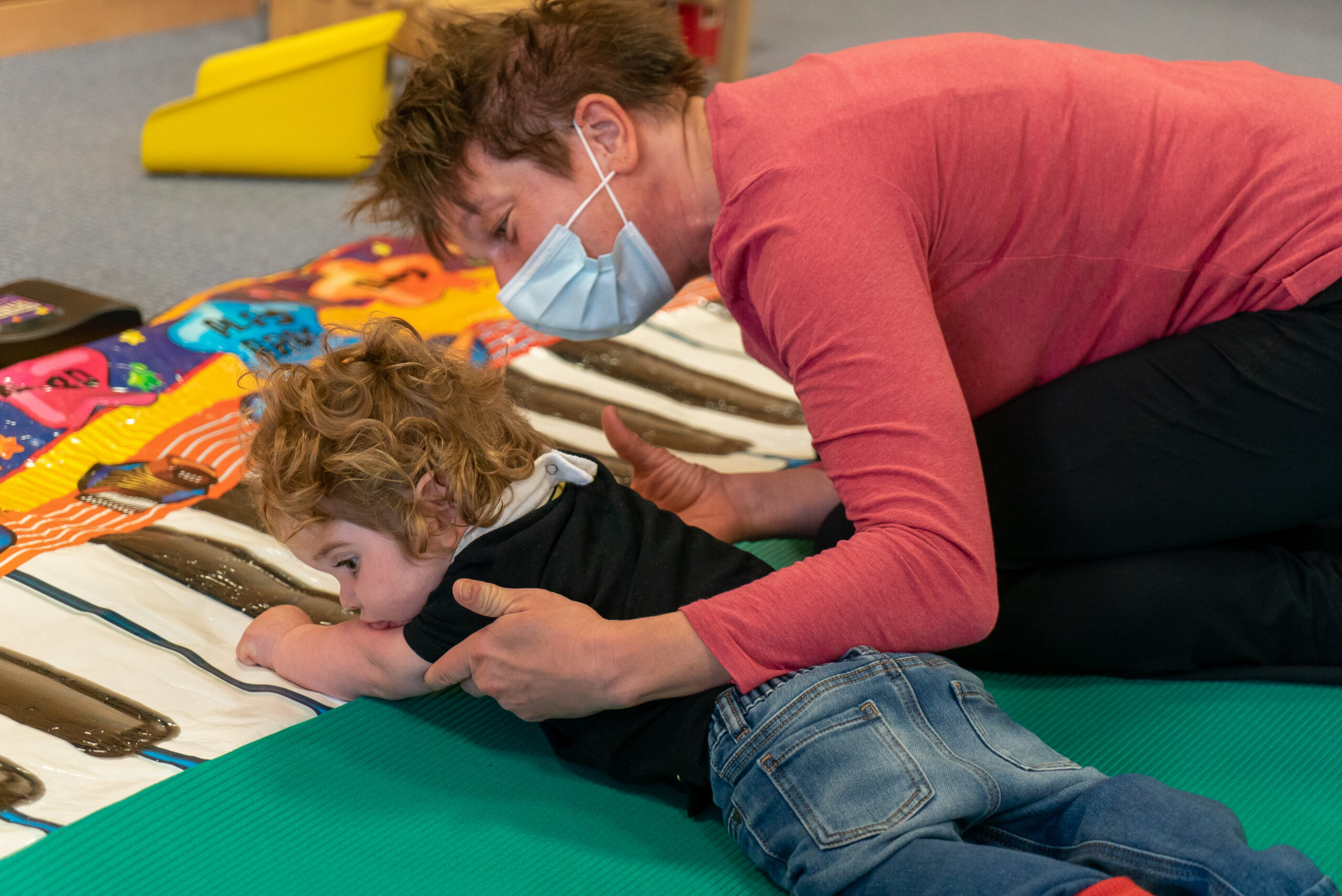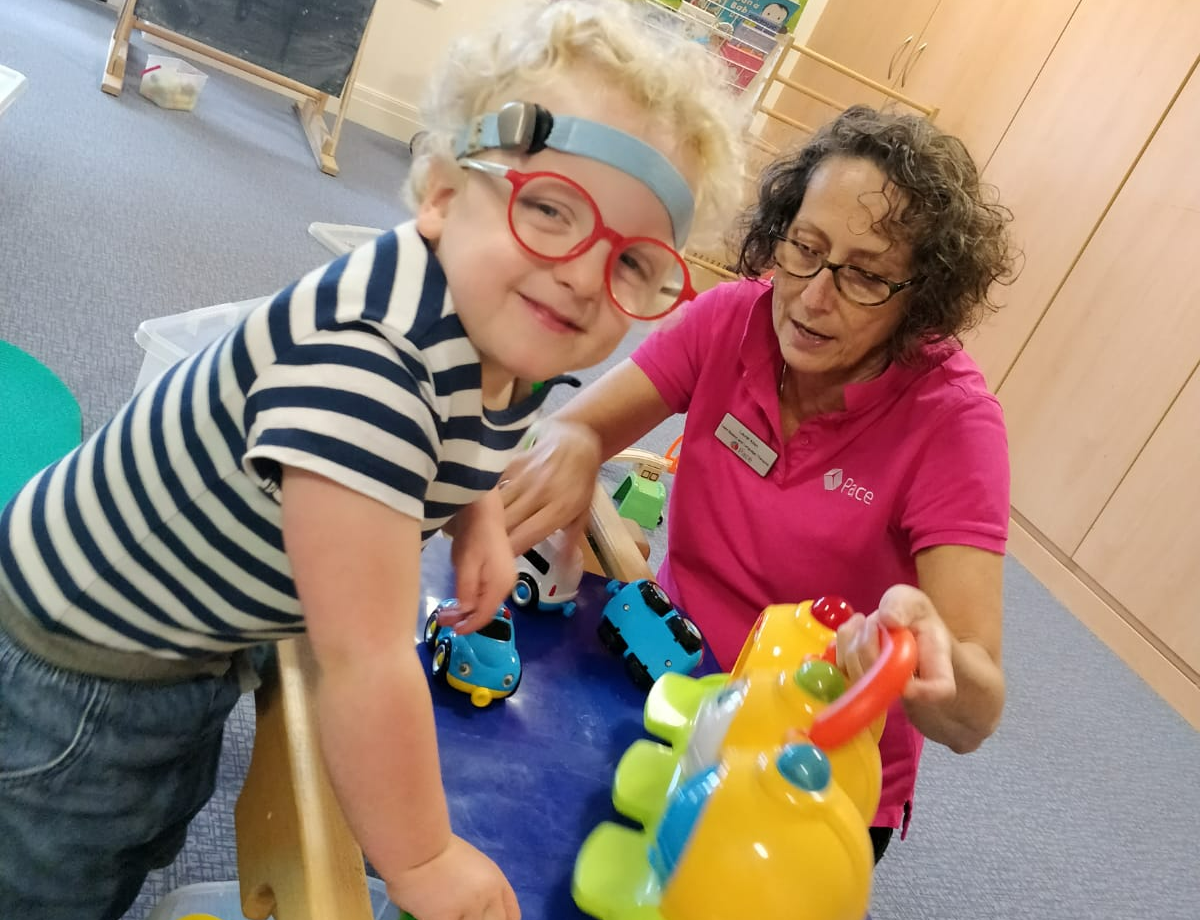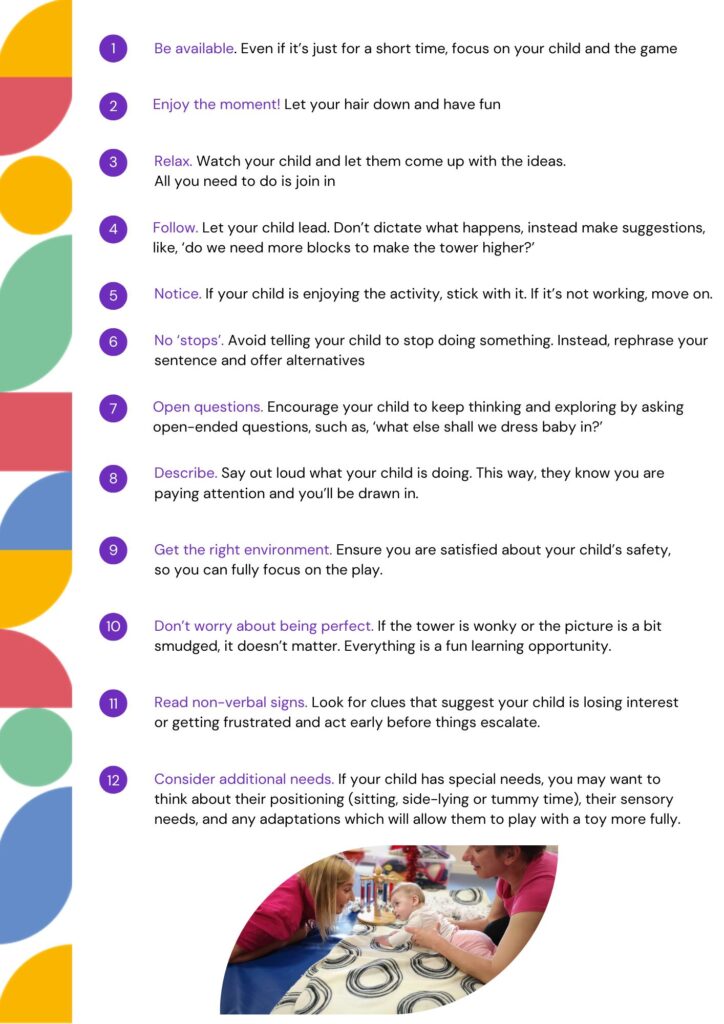12 Tips for Play
How to support your child
Why is play such a serious business?

Why is play such a serious business?
Play is so important for your child. It’s how they will develop and learn. Play grows cognitive, language, physical and social skills, as well as emotional wellbeing. What your child learns through play will be the building blocks for their education, and their role in society.
Do you struggle to know how to play?

Do you struggle to know how to play?
When you play with your child, it builds your relationship. Your child learns to trust you, and knows they are safe with you. However, many of us find it awkward or silly to play. Do you feel a bit self-conscious? Try to remember when you were little and what you enjoyed playing – and follow our 12 tips for play.
12 tips for play

